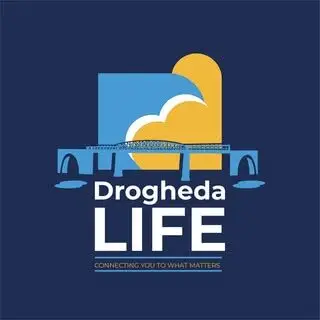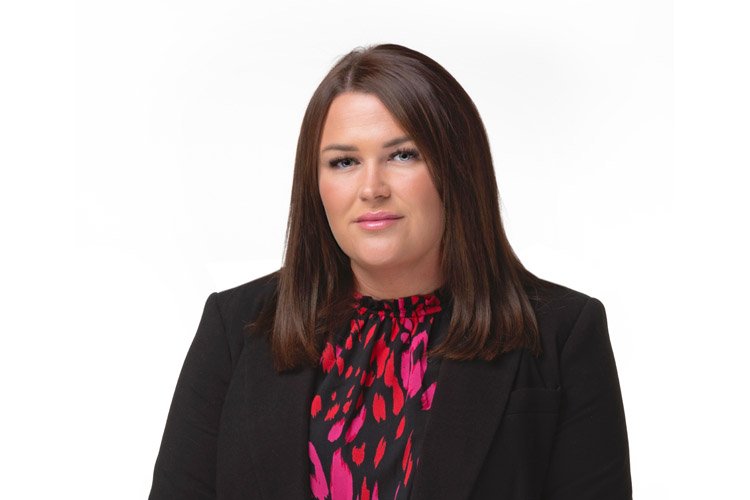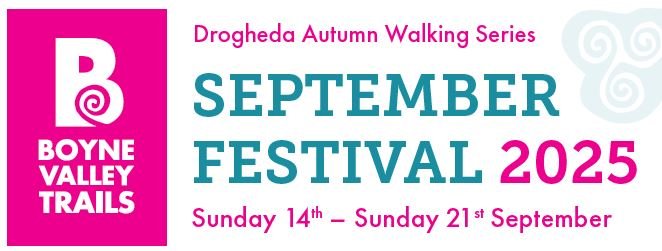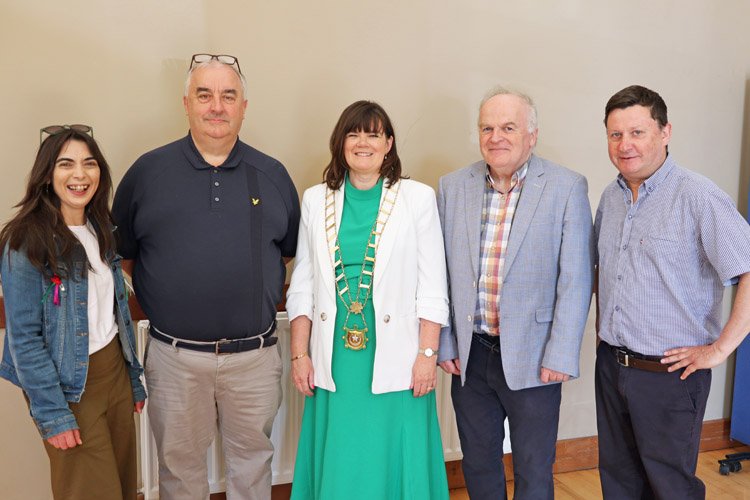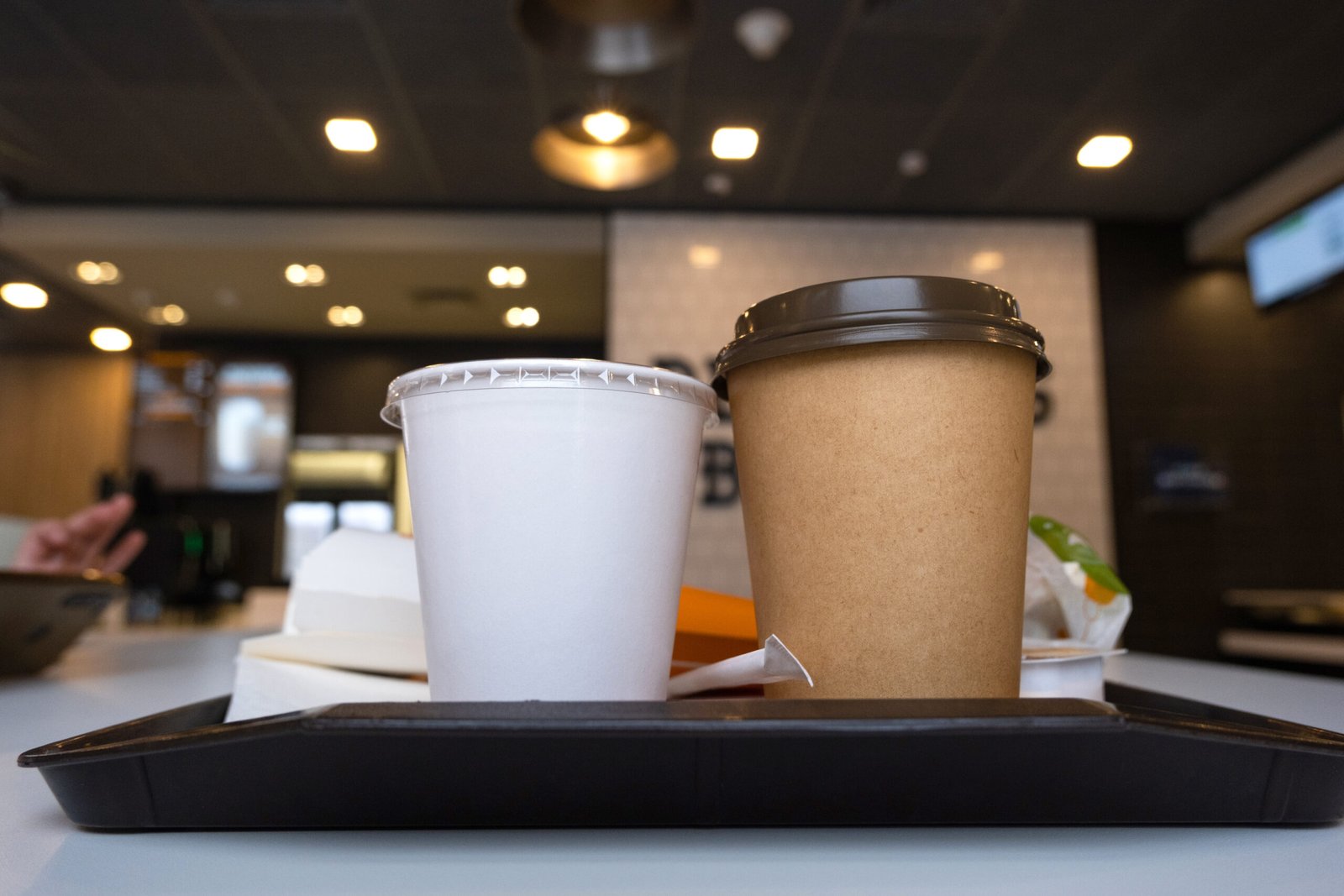By Paul Murphy
Women have often been seen as mere supporters of the Irish revolution but in fact they were central figures in the Easter Rising, War for Independence and the Civil War and proved themselves as educationalists, socialists, community workers, radicals and feminists, a recent seminar in Drogheda has been told.
Through their participation in the Irish revolution they “proved their worth” and showed that they were indeed “an invisible army”, it also heard.
The seminar – Remembering Women in the Revolutionary Years – a Drogheda Perspective 1922-23 – hosted by the outgoing Mayor of Drogheda Cllr Michelle Hall with the support of Drogheda Civic Trust, The Decade of Centenaries Programme, and Louth County Council was held at the Church of Ireland Hall, Peter Street.
Speakers included Sean O Briain, retired secondary schoolteacher and school inspector, a grandson of Kathleen Dempsey, the first woman member of Drogheda Corporation (An Beirt Bhan Mhisniuil – Kathleen and Mary Balfe), Liz Gillis, lecturer at Champlain College Dublin and South County Dublin County Council historian in residence for the Decade of Centenaries (What did the women do anyway?), and Sean Collins, local history writer and broadcaster, graduate of UCD and an alumni of Boston College (“I never thought I was such a danger to the State”).
Included in the audience were Carol Grogan, Nuala Earley and Niamh Black whose grandmothers were all active in the Cumann na mBan in Drogheda. Members of the Dempsey and Balfe families were also there. Speakers were introduced by Denis Cummins, Chairperson of Drogheda Civic T\rust.
Opening the conference, Mayor Hall recommended the book An Emerald Spy which is set in Termonfeckin and written by Tullyallen native and Termonfeckin resident Nicola Cassidy. Very little material relating to women could be found in the archives but one woman stood out, Helen Halpin, who came from the UK but settled in Netown House Termonfeckin and was elected to Louth County Council in the 1930s, Cllr Hall said.
In researching the role of women in public life, she found that the first female Mayor of Drogheda Maria O’Brien Campbell and she was trying to find quotations by her on issues of the day “and I literally could not find anything anywhere in the local papers, speeches, no recorded words from her. Instead I got other councillors talking about her but I did not get many of her words”.
When elected Mayor last June she had promised herself that she would keep a diary and would publish a book at the end of her year. She said it was amazing to be only the second female Mayor to be elected in more than 700 years. It was important that she recorded her own history rather than someone else interpret her year as Mayor.

In her lecture Liz Gillis said the title “What Did the Women Do Anyway?” was based on a remark made by a man to a member of the Cork Cumann na mBan, Lil Conlon, who was very active during the revolutionary period and thought that in 1966 at the 50th anniversary of the Rising a book might be written about that period, and the role of women in it.
In fact, there was no written history of women’s role in 1916 but she was determined that that would not happen at the 50th anniversary. She wrote her own book, Ms Gillis said – Cumann na mBan and the Irish Revolution 1913-1923.
“It is an amazing book and basically was her response to that comment made by a man who thought the women didn’t do anything in the revolution. She highlighted the role if Maud Gonne who founded Inghinidhe na hEireann (Daughters of Ireland), an organisation solely for women with an agenda which was political, social and feminist.
Lil Conlon found herself excluded from a lot of organisations simply because she was a woman. However, she was not a woman who would be told “no” so she founded her own organisation. While it was a small organisation, it “packed a punch”. The organisation was formed by women on various backgrounds but all of whom believed in social justice. They were women who worked actively on the ground, founding the Penny Dinners organisation which gave poverty-stricken children a hot meal every day.
